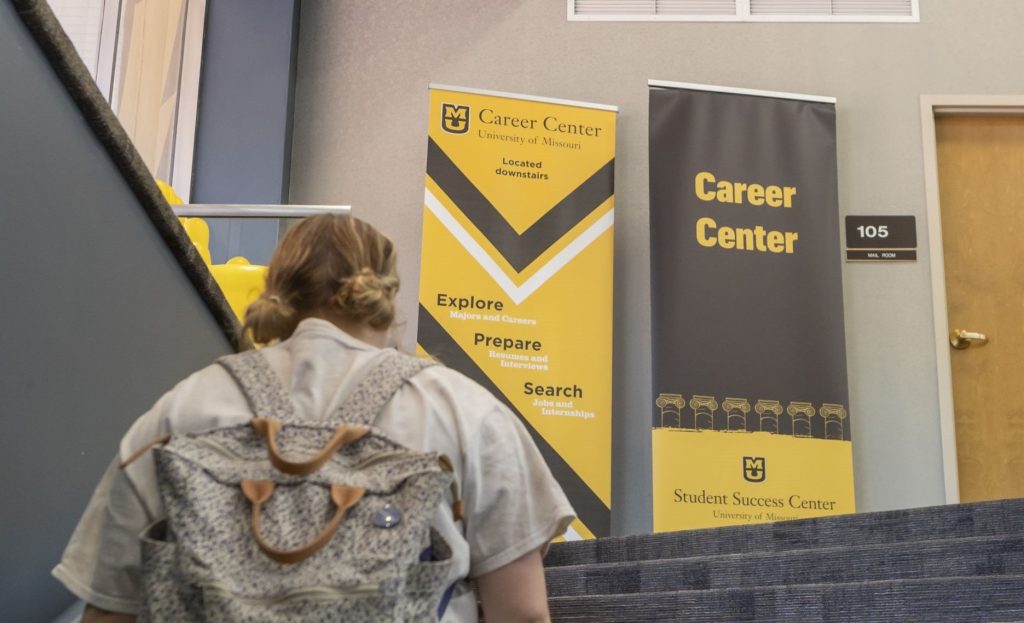Explore fields of study
If you’re still deciding whether to go to graduate school or what field of study to pursue:
- Get involved in academically-focused student groups
- Join professional associations to find mentors and valuable contacts
- Ask faculty members about their experience, program recommendations, and academic contacts
- Reflect on your coursework, past experiences, and academic interests
Narrow your options
There is no certain formula in determining the best program or school. It is more important to reflect on your interests and needs and finding a school that is well-suited for you.
As you consider graduate degree programs, take careful notes to record what you learn. Consider:
- Faculty research, teaching, and mentoring
- Facilities and specialty equipment needed for your research
- Graduation and career outcomes rates, including the types of jobs graduates accept
- Courses of study, class availability and online course options
- Financial investment (tuition, fees) as well as financial support you may receive
- Academic program reputation, rankings, and accreditation
- Community factors and quality of life
- Institutional factors and campus support services
- Feedback from current graduate students about their experience
Types of financial aid
Graduate school can be a substantial financial commitment, so be aware of your aid options.
- Assistantships: Usually involve teaching undergraduate courses, helping with a research program or working in a variety of departments on campus in exchange for a stipend and a partial or full tuition waiver.
- Awards: Grants, fellowships or scholarships typically fund study, research, or teaching in the U.S. or abroad. They exist to help you develop yourself personally, professionally, and academically. The funding can be external or internal to the graduate program, and you can often apply for awards before you get accepted to a specific school.
- Loans: Money toward schooling that must be repaid, often received through banks, the government or your educational institution. Like undergraduate programs, filling out the FAFSA is a critical step to qualify for loans.
